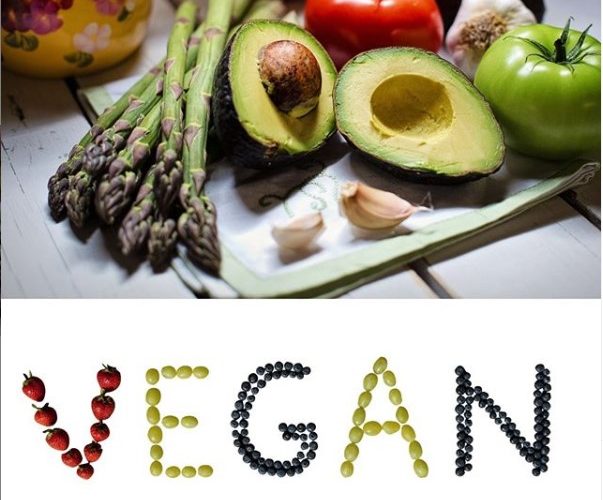I operate an interventional pain clinic in the urban core. More than 90% of my chronic pain patients have metabolic dysfunction and have always presumed that the Standard American Diet was to blame for their metabolic syndrome and subsequent metainflammation. Even the ones who do not have high waist circumference still had elevated fasting glucose and elevated HgBA1C.
I have noticed a pattern that seems unusual, and counterintuitive.
I assumed that a “clean” vegan diet would have “fewer toxins” and therefore patients would more quickly heal from chronic pain pathologies. The primary reason patients give me this dietary choice was a desire to improve health, lose weight, and avoid diabetes.
I have noticed that my male patient’s who are long-term vegan, for more than three years, seems to have more sarcopenia (muscle wasting) and have clinical and laboratory hypogonadism. Their LDL-C is typically low, as one would expect, but their Omega 6:3 ratios are very high (typically >20). The male long-term vegan patient seems to be clinically thin and yet metabolically obese, with multiple deficiencies in fat-soluble vitamins, specifically D and K.
I also find that this specific population has a harder time retaining muscle mass during strengthening, and almost all of them require testosterone supplementation. I don’t notice this in patients who are vegans for less than one year.
I recognize that “veganism is more than a diet; it is a philosophy and ethic.” Attempting to adequately supplement Omega 3, Vitamin D and K, and cholesterol for gonadal hormone formation is challenging in the strict vegan population.
I welcome any suggestions.






